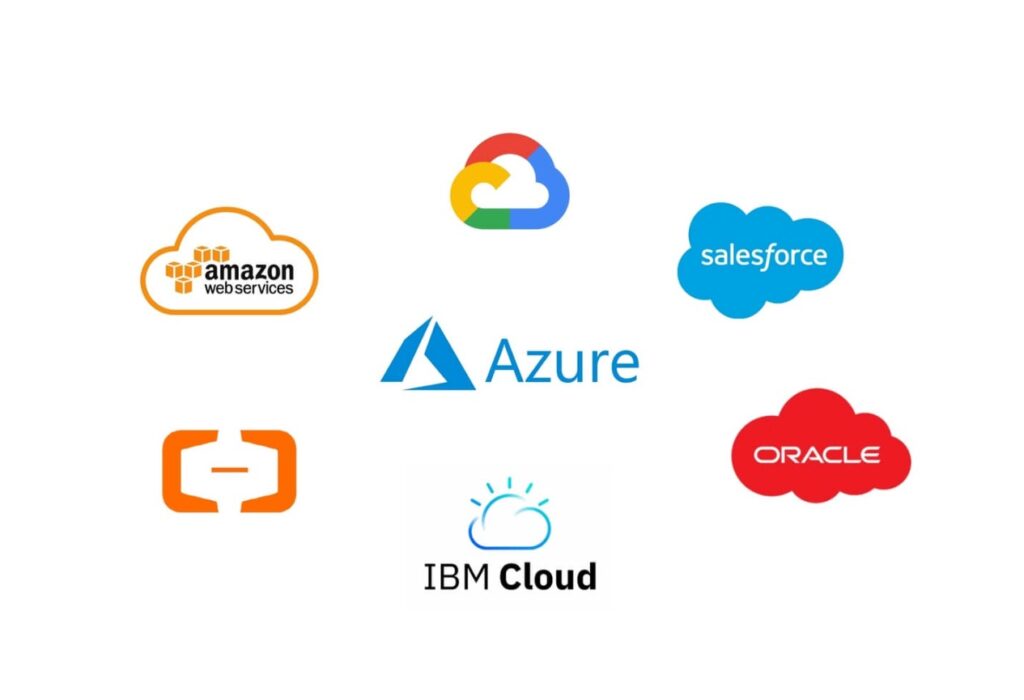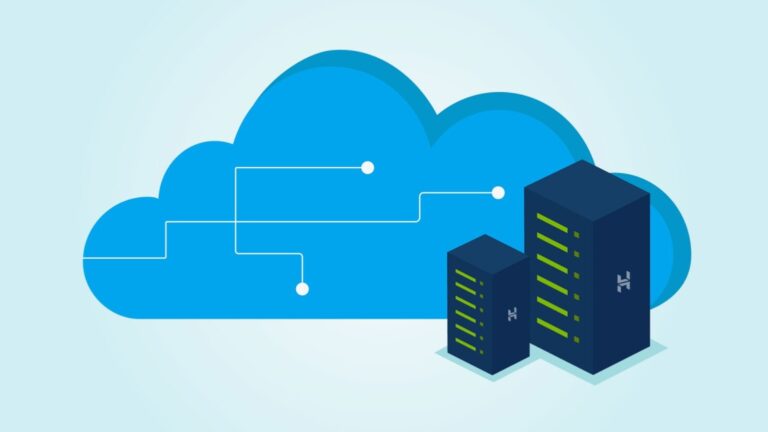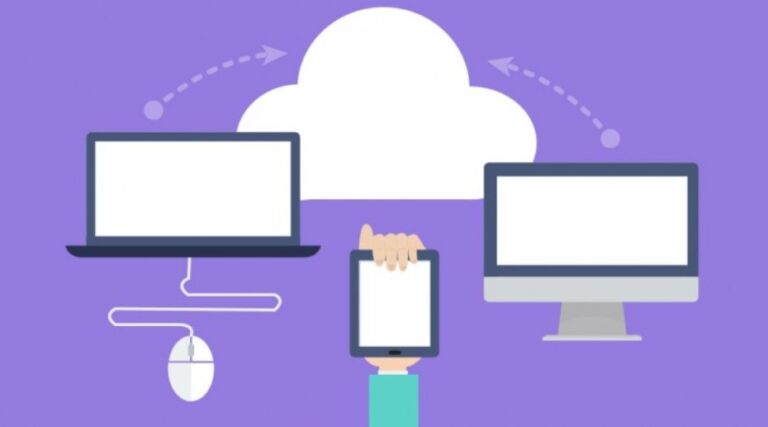Cloud Server Providers: Compare Top Services and Features
Cloud server providers have significantly transformed the business landscape by providing highly flexible, economical, and reliable options for storing data, accessing computing resources, and much more.
In recent years, the demand for cloud services has soared, leading to the emergence of numerous top-notch cloud server providers in 2024.
This article delves into an in-depth exploration of these leading providers, outlining their unique advantages and elucidating the factors to consider when selecting the most suitable option for your specific requirements. 🚀
Why Choose a Cloud Server Provider?
Choosing the right cloud server provider can significantly impact your business by offering:
- Scalability: Easily scale your resources up or down based on demand.
- Cost Efficiency: Pay only for what you use, reducing upfront costs.
- Security: Advanced security features to protect your data.
- Reliability: High uptime guarantees to ensure your business operations run smoothly.
- Performance: Fast and efficient processing power for your applications.
Top Cloud Server Providers in 2024

Here are the top cloud server providers that stand out in 2024:
1. Amazon Web Services (AWS)
AWS is a market leader in cloud services, offering a wide range of solutions for businesses of all sizes.
- Features: Comprehensive suite of cloud services, high scalability, robust security, extensive global reach.
- Pros: Reliable, vast ecosystem, strong community support.
- Cons: Complex pricing, steep learning curve.
- Price: Pay-as-you-go pricing model, free tier available for new users.
2. Microsoft Azure
Microsoft Azure is a strong competitor, known for its integration with Microsoft products and services.
- Features: Hybrid cloud capabilities, extensive AI and machine learning tools, and strong security.
- Pros: Excellent integration with Microsoft tools, hybrid capabilities, and enterprise-grade security.
- Cons: Can be costly for smaller businesses, complex setup.
- Price: Flexible pricing, various plans tailored to different needs.
3. Google Cloud Platform (GCP)
Google Cloud Platform offers cutting-edge technology and powerful data analytics capabilities.
- Features: Superior data analytics, machine learning, high-performance computing.
- Pros: Strong analytics and AI capabilities, competitive pricing.
- Cons: Smaller ecosystem compared to AWS and Azure, fewer enterprise features.
- Price: Competitive pricing, free tier available.
See also: Google Cloud Server: Features, Benefits, and Purchase Options
4. IBM Cloud
IBM Cloud provides robust solutions tailored to enterprise needs, with a focus on AI and machine learning.
- Features: AI and machine learning tools, strong security, hybrid cloud solutions.
- Pros: Strong in AI and ML, excellent for hybrid cloud setups.
- Cons: Smaller market share, complex pricing.
- Price: Various pricing models, free tier available.
5. Oracle Cloud
Oracle Cloud is known for its enterprise solutions and strong database services.
- Features: Robust database services, enterprise applications, strong security.
- Pros: Excellent database services, and strong enterprise features.
- Cons: Can be expensive, complex setup.
- Price: Flexible pricing options, free tier available.
Comparison Table of Top Cloud Server Providers
| Provider | Use Case | Pros | Cons | Price | Features |
|---|---|---|---|---|---|
| AWS | General-purpose, enterprise | Reliable, vast ecosystem, strong support | Complex pricing, steep learning curve | Pay-as-you-go | Extensive cloud services, global reach |
| Microsoft Azure | Enterprise, hybrid cloud | Great integration, hybrid capabilities | Costly for small businesses, complex | Flexible pricing | AI/ML tools, hybrid cloud, enterprise security |
| Google Cloud | Data analytics, startups | Strong analytics, competitive pricing | Smaller ecosystem, fewer enterprise features | Competitive pricing | Data analytics, ML, high-performance computing |
| IBM Cloud | AI, enterprise | Strong AI/ML, hybrid cloud | Smaller market share, complex pricing | Various models | AI/ML tools, strong security, hybrid solutions |
| Oracle Cloud | Databases, enterprise | Excellent database services, enterprise features | Expensive, complex setup | Flexible pricing | Robust database services, strong security |
Benefits of Using Cloud Server Providers

Scalability
Cloud servers provide businesses with the ability to dynamically adjust their resources in response to changing demand.
This scalability ensures that companies can efficiently manage their infrastructure, paying only for the resources they actually utilize.
As a result, businesses can effectively control costs and optimize resource allocation.
Cost Efficiency
When you use cloud servers, you can eliminate the need for high initial investments in purchasing and managing physical servers.
Instead, you pay a monthly fee that is determined by the amount of resources you use. This pay-as-you-go model can offer more predictable and manageable costs for businesses, regardless of their size.
Security
Top cloud server providers prioritize the security of data by making substantial investments in advanced security measures.
These measures include robust encryption methods to safeguard data, as well as the implementation of firewalls and intrusion detection systems to ensure comprehensive protection against unauthorized access and malicious activities.
Reliability
Highly reliable servers are designed to provide an exceptionally high level of uptime, guaranteeing that your applications and services will be accessible to your customers around the clock.
Performance
Many server providers offer high-performance servers with powerful processing capabilities to ensure that your applications run smoothly and efficiently.
These servers are equipped to handle demanding workloads and deliver optimal performance for your applications.
See also: Cloud Server Hosting: The Ultimate Guide and Benefits
Use Cases
AWS
AWS is ideal for businesses looking for a comprehensive suite of cloud services with a strong support network. It is perfect for enterprises that require reliable and scalable solutions.
Microsoft Azure
Azure is best suited for businesses that heavily rely on Microsoft products. Its hybrid cloud capabilities make it a great choice for enterprises looking to integrate on-premises and cloud resources.
Google Cloud
GCP is excellent for startups and businesses focused on data analytics and machine learning. Its competitive pricing and powerful tools make it a great option for tech-savvy organizations.
IBM Cloud
IBM Cloud is tailored for enterprises looking to leverage AI and machine learning. Its strong security and hybrid cloud solutions make it a reliable choice for large organizations.
Oracle Cloud
Oracle Cloud is the go-to choice for businesses that require robust database services and strong enterprise features. It is particularly beneficial for companies with significant database management needs.
How to Buy
To purchase cloud server services, visit the official websites of the providers:
Each provider offers various pricing plans and free tiers to get started. You can sign up for an account and choose the plan that best suits your business needs.
FAQs
1. What is a cloud server provider?
A cloud server provider offers virtualized server resources over the Internet, allowing businesses to scale, manage, and deploy applications without the need for physical hardware.
2. How do cloud server providers charge?
Most providers charge based on usage, offering pay-as-you-go pricing models. Some also provide subscription plans for more predictable costs.
3. Which cloud server provider is the best for small businesses?
Google Cloud Platform is often recommended for small businesses due to its competitive pricing and powerful tools.
4. Can I switch cloud server providers easily?
Yes, but it can involve data migration and reconfiguration. Some providers offer tools to simplify this process.
5. Are cloud server providers secure?
Yes, leading providers invest heavily in security measures, including encryption, firewalls, and regular security updates to protect your data.





